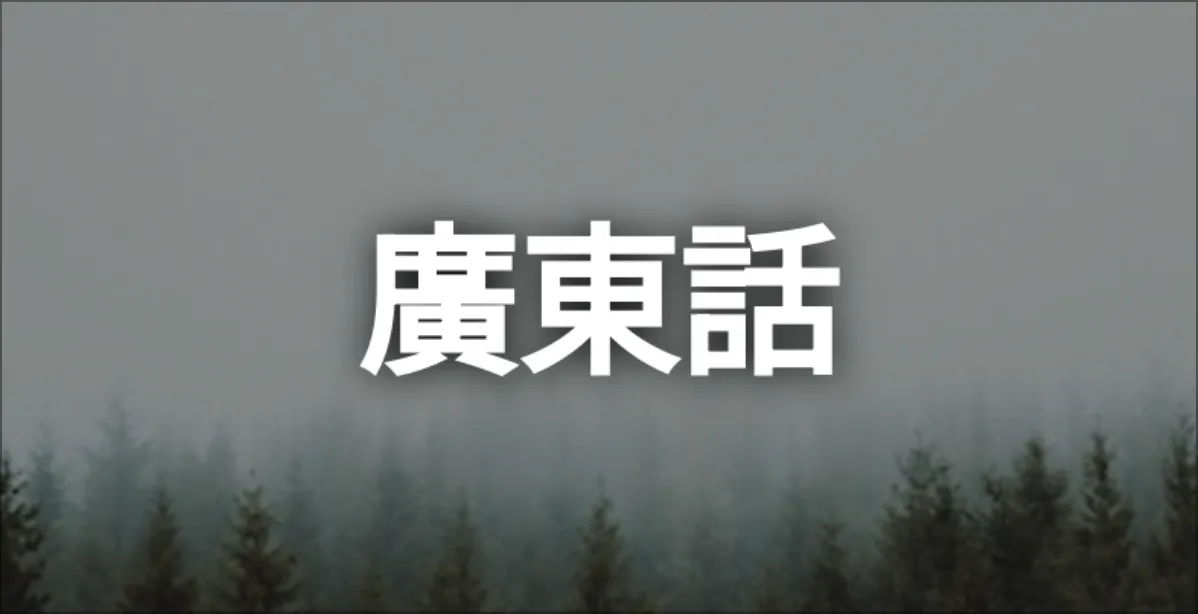This article uses Jyut-ping to transcribe Cantonese!
你好嗎 ? 最近點啊 ? 我名叫威玉鉤 (Yuknavell). This is my End-of-Semester reflection for DMA1401L01 Spoken Cantonese. Initially I was 緊張 (nervous) as I was one of the only non-Chinese while many were of Cantonese roots wanting to pick up their mother tongue. I only have a modest background in mandarin to back me up.
Thankfully the lessons were digestible. I did sit in front, and was able to practice on the spot with classmates beside me. We started from the basics, and 老師 (Teacher) brought us through the pronunciations and when to use the phrases. We were all made to practice out loud in front of the class. I was unprepared but it was good to practice out loud. Even got a round of applause from the others 😅. Each class finished off with 老師 singing, while explaining the poetic and strategic use of Cantonese in the lyrics.
We focused on speaking, and the various mannerisms and phrases that are useful - something refreshing from traditional written language classes that goes bottom up from teaching every rule. 老師 ’s top-down approach meant we got familiar with the speech and get a feel of Cantonese communication so that we can use it well.
Unexpectedly, Cantonese is not merely a different way of pronouncing Chinese Characters*, but have completely different words for many things ( 佢 instead of 他 for 3rd-person; 嘅 instead of 的 for possession marking; 唔 instead of 不 for negation; etc…), as well as a dissimilar grammar structure (using 咗 directly after verbs to mark “completion” instead of 了 at the end of sentence like in mandarin; extensive use of sentence-final particles to disambiguate the sentence’s semantic meanings; etc…). In fact, the 阿 and 喇 at the end of sentences are important for denoting politeness - without it the sentence becomes rude, and if raised from mid-tone to high-tone ( 吖 , 喇 ) it can be either rude, pointing out something obvious, or even when enumerating a list (fruits like apple 喇 , orange 喇 , banana 喇 ).
We learnt some interesting phrases, like 混吉 referring to someone who waste time without committing or doing anything meaningful - this came from customers who came into shops and just fiddled with ( 混 ) the water offered by shop owners as a sign of hospitality. The water were called 吉水 because plain water ( 空水 ) sounded like Evil water ( 兇水 ) so empty ( 空 ) is euphemistically renamed as 吉 , meaning auspicious. People who came into shops and just swirled the given 吉水 without buying anything were called 混吉 - somebody who wastes one’s time without anything meaningful arising from it.
Lastly, the assignments given are definitely unique. We had to do a remix of any Cantonese song, which amazingly is a common occurrence in real life! (A great real-life example, (ignoring the 鹹濕 songs) is Anita Mui’s 夕陽之歌 vs Priscilla Chan’s 千千闕歌 , both from the same Japanese song). My rendition of 光輝歲月 was rewritten as a tribute to my mother and the trials and tribulations she faced, akin to how Beyond wrote the famous song as a tribute to the struggles of Nelson Mandela. We also had to do an interview, which I did with my classmate Moses, and it was very fun trying to work things out and sound legitimate.
Cantonese Song Remix
Play
Cantonese Interview with Moses:
Play
To finish off, I really got a new perspective on Cantonese, the Hong Kong folks, as well as got to know how pervasive Cantonese actually is within Singapore! I also started watching Cantonese Dramas, starting with Triumph in the Skies - and it feels surreal seeing the phrases I learnt in class! I hope that I continue on my journey in learning and exploring Cantonese, which began from this class.
唔該 , 下次見 !
Also, here is a funny reel I found: Holland-things in Cantonese
